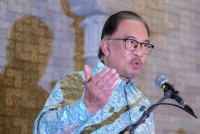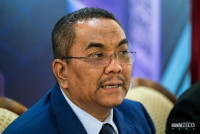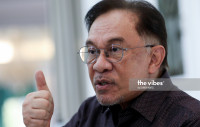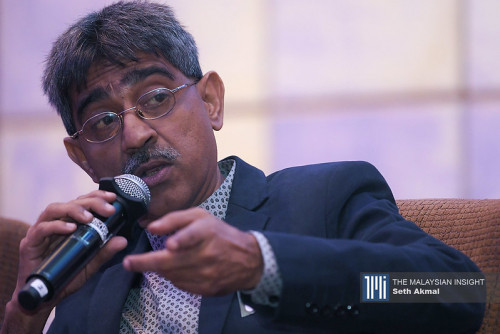THE Education Ministry, in its Malaysia Education Blueprint 2013-2025, has said that it is committed to developing and implementing a transparent and equitable set of principles for the allocation of financial aid and other support for all school types.
All evidence to date – within Asean and internationally – shows that multiple language fluency in whichever country in the world is an asset not only to the individual, but to the business organisation as well as the nation that encourages it.
We are fortunate in that not only do we have a multilingual population. We also have the building blocks for a bilingual and even trilingual population in our national schooling system.
Our national education objective should be to ensure every Malaysian child receives the right educational resources and a fair share of opportunities from cradle to career. This is especially necessary if we are to cope with international competition in an increasingly globalised world.
Diversity and mastering more languages should be a key policy priority. Our government should view vernacular schools using different languages as a socio-economic resource for national development.
The government should also not be pressured to view a different medium of instruction to Bahasa Melayu as a hindrance to national unity.
Reality in history and on the ground
Multi-stream education opportunities and the right to education in the mother tongue of each ethnic group is enshrined in the constitution. Such rights cannot be arbitrarily deprived because of extremist groups that have no political or educational legitimacy.
Nationalism and national unity cannot be built on the basis of depriving minority ethnic groups of their constitutional rights to learn and study in their mother tongue together with the national language.
Any individual who professes to be a true Malaysian nationalist should not harbour any stereotypical views or prejudice towards other ethnic groups, their identities and their mother tongue.
On the contrary, a true nationalist should treat all races and ethnic groups equally and respect their constitutional right in setting up schools of their choice.
It is also undeniable that, during the past 65 years, there has been a steady erosion in the policy’s importance and resources allocated to vernacular schools compared with national schools that use Bahasa Melayu as the medium of instruction.
How and why this has happened has already been analysed by many academics and the overwhelming conclusion is the politicisation of the national educational system and the language issue.
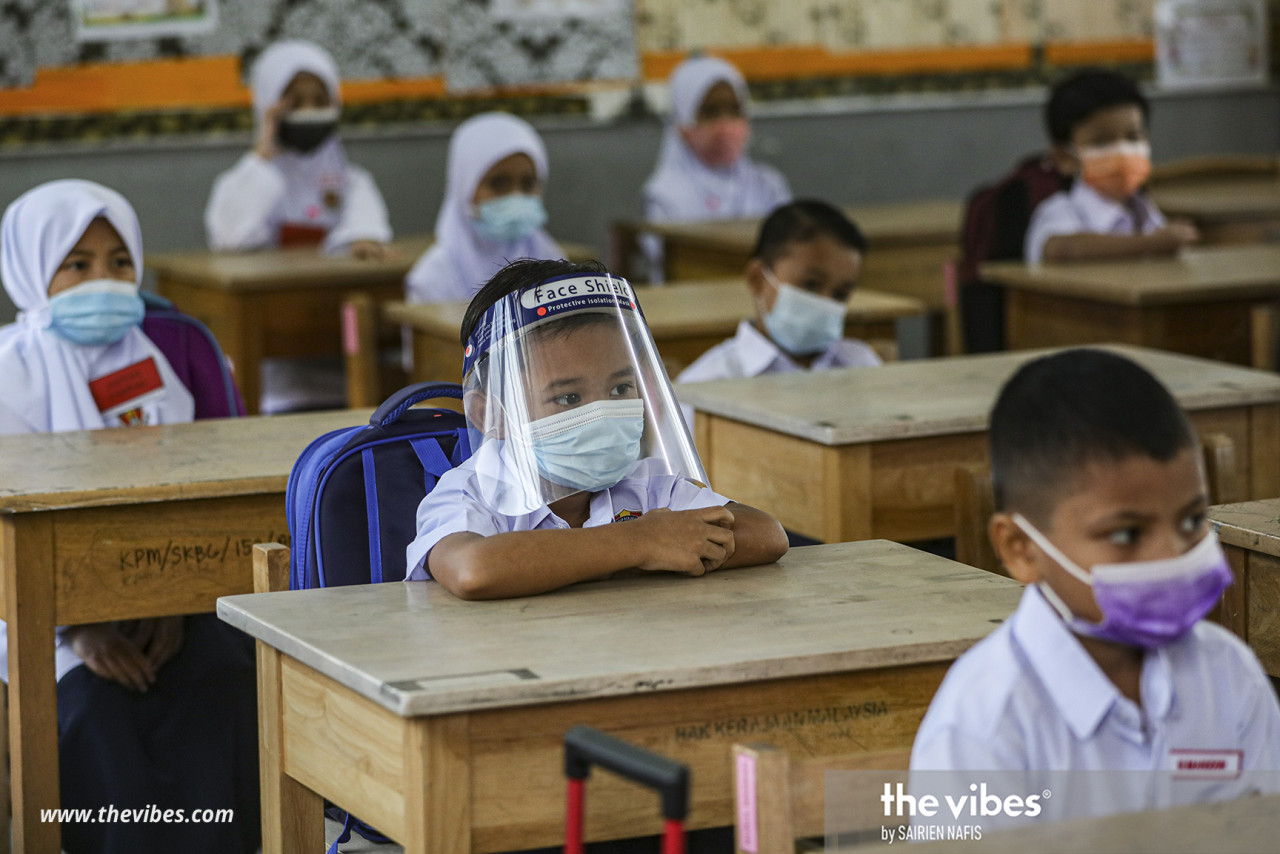
This is the situation on the ground and the real facts and figures on schooling which policymakers, politicians and the public need to know for future policy formulation and implementation:
● Of close to three million students enrolled in primary schools, 98% are in the public system and 2% in private schools. Some 77% of public schooled students are enrolled in national-type schools (SK) with Bahasa Melayu as the medium of instruction; 20% in Chinese national-type schools (SRJKC) and 3% in Tamil national-type schools (SRJKT). Government-aided religious and special schools account for less than 1% of enrolment.
● Despite the constant agitation by extremist language groups. SRJKCs have become more multiracial in their student enrolment while SKs have become less multiracial. An estimated 20% or more of SRJKC students are non-Chinese, mainly Bumiputera, and this proportion of Malay and other Bumiputera parents preferring to send their children to SRJKC schools has been steadily increasing.
● The UPSR achievement gap between SK and SRJKC schools is insignificant. There is a small achievement gap of about four percentage points between SRJKT and the other two streams.
● SRJKs, although they teach in what has been referred to as the mother tongue, have the same curriculum content as the SKs.
● Despite enrolment in different schools, there is widespread proficiency in Bahasa Melayu among students of all races with 75% of students achieving a minimum credit in the 2010 SPM examination. If Bahasa Melayu language proficiency is seen as an important tool of integration, there is little or no adverse impact of vernacular education schooling.
Clearly, there is a political, racial or emotive approach to the issue that is ignorant of parental and pedagogical concerns and the constitutional provision on instruction in one’s mother tongue. What can be the solution?
Proposals for strengthening vernacular schools
Here are my proposals as an educationist that takes into account both grassroots as well as feedback from non-governmental organisations on how to strengthen vernacular schools:
1. Treat all education streams as part of the national schooling system with equal treatment to nurture a multilingual population competent for global competition.
2. Allow all education streams to have equal opportunity and equal resources to expand and grow according to parental choice and market needs.
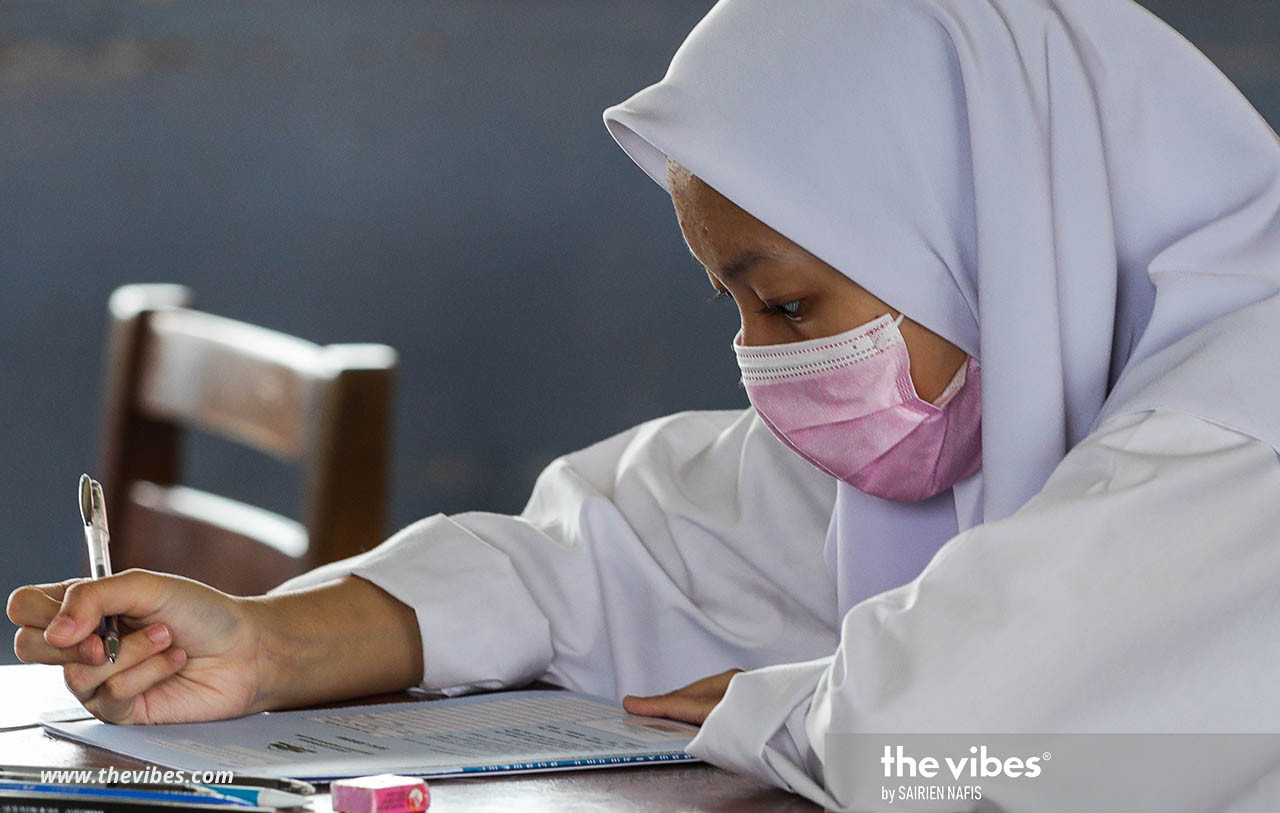
3. Develop education in the mother tongue of minority and indigenous communities, especially in East Malaysia.
4. Provide further resources to enhance the learning of Bahasa Melayu in vernacular schools.
5. Organise more extramural activities for students of different streams to interact and encourage social integration.
Building further on the National Education Blueprint 2013-2025
At the same time, it is important to recognise that education reform cannot be accomplished without strong political will and common understanding among the key stakeholders in the Education Ministry and others in the educational sector. An important start has been made in the National Education Blueprint (NEB) 2013-2025.
Organised and carried out under the watch of then deputy prime minister and education minister Tan Sri Muhyiddin Yassin, the blueprint is the result of a multitude of analyses, interviews, surveys, and research conducted with national and international experts, officials, teachers, principals and parents all across Malaysia. In addition almost 12,000 members of the public and various stakeholder groups were consulted for their ideas and feedback.
It is important to stress that the NEB not only recognised the importance of upholding and supporting the SRJKs but it also made the following important commitment: ensure all government and government-aided schools receive adequate financial support.
The ministry pledged to develop and implement a transparent and equitable set of principles for the allocation of financial aid and other support for all school types. These principles will be in line with the system aspirations of access, quality, equity, unity and efficiency (E-19).
It is necessary that parents and all stakeholders in Malaysia pay careful attention to what is now happening to their children in the national educational system, especially in vernacular schools, and whether this commitment is being kept or ignored. – The Vibes, August 22, 2021
Datuk Tan Yew Sing, who is chairman of Inisiatif Pengislahan Pendidikan Nasional. He is also involved with Chinese education group Dong Zong and is founder of the INTI Education Group



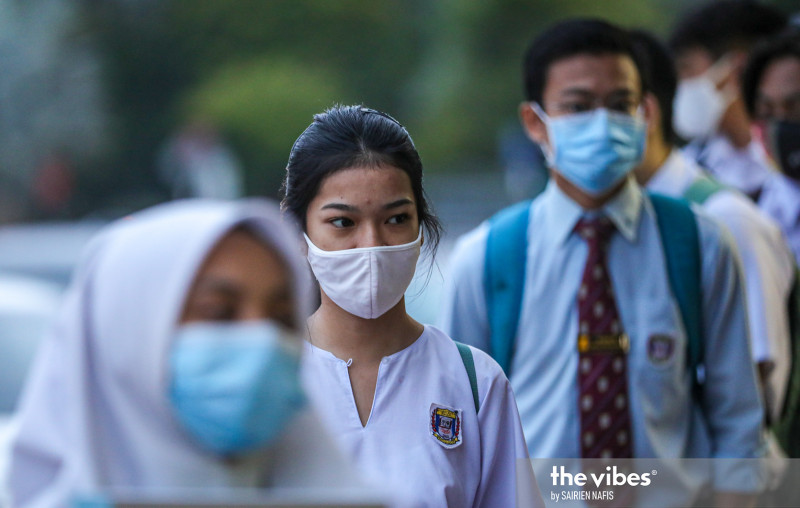



_and_British_Council_Malaysia_director_J.jpg)

